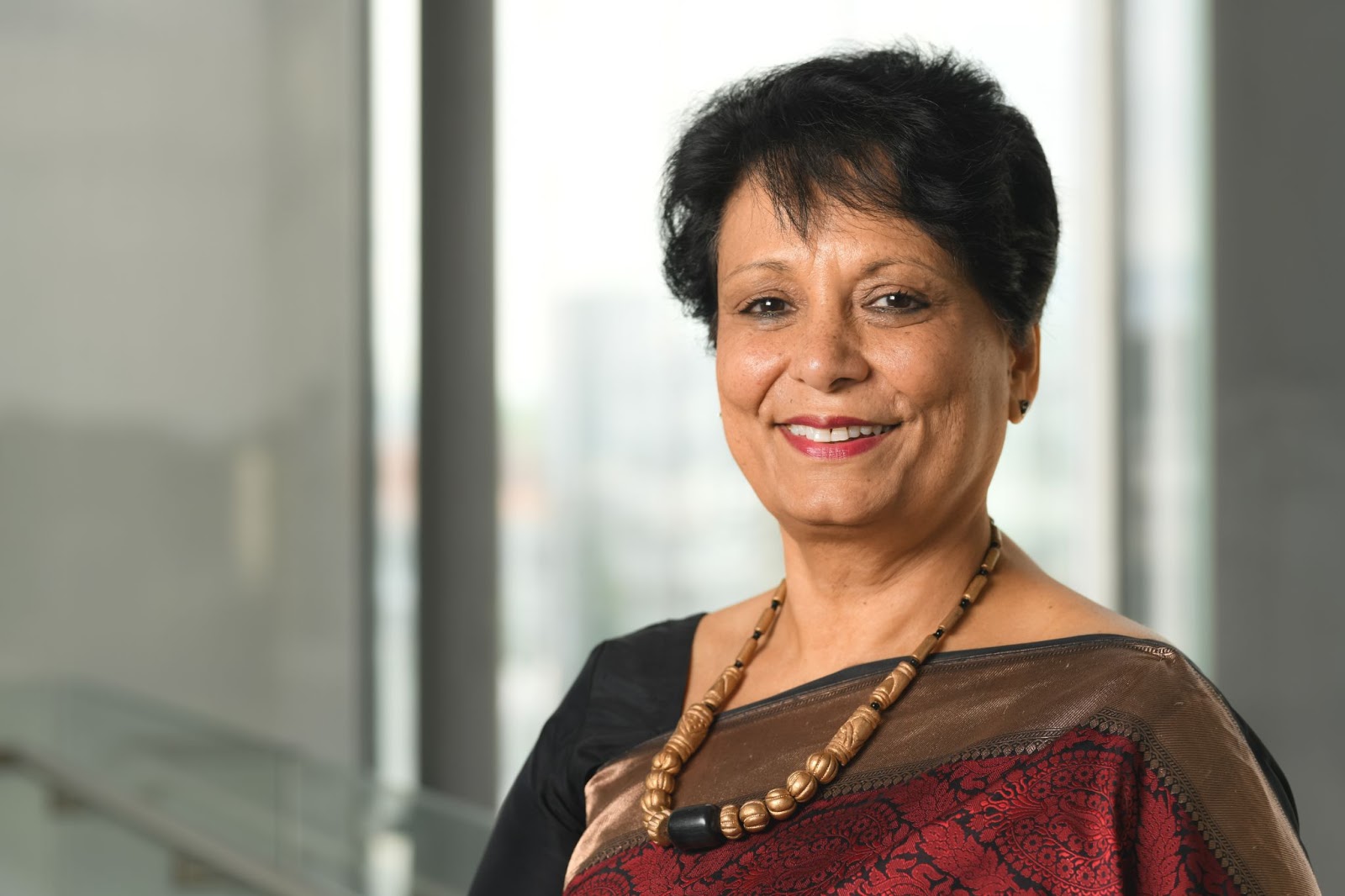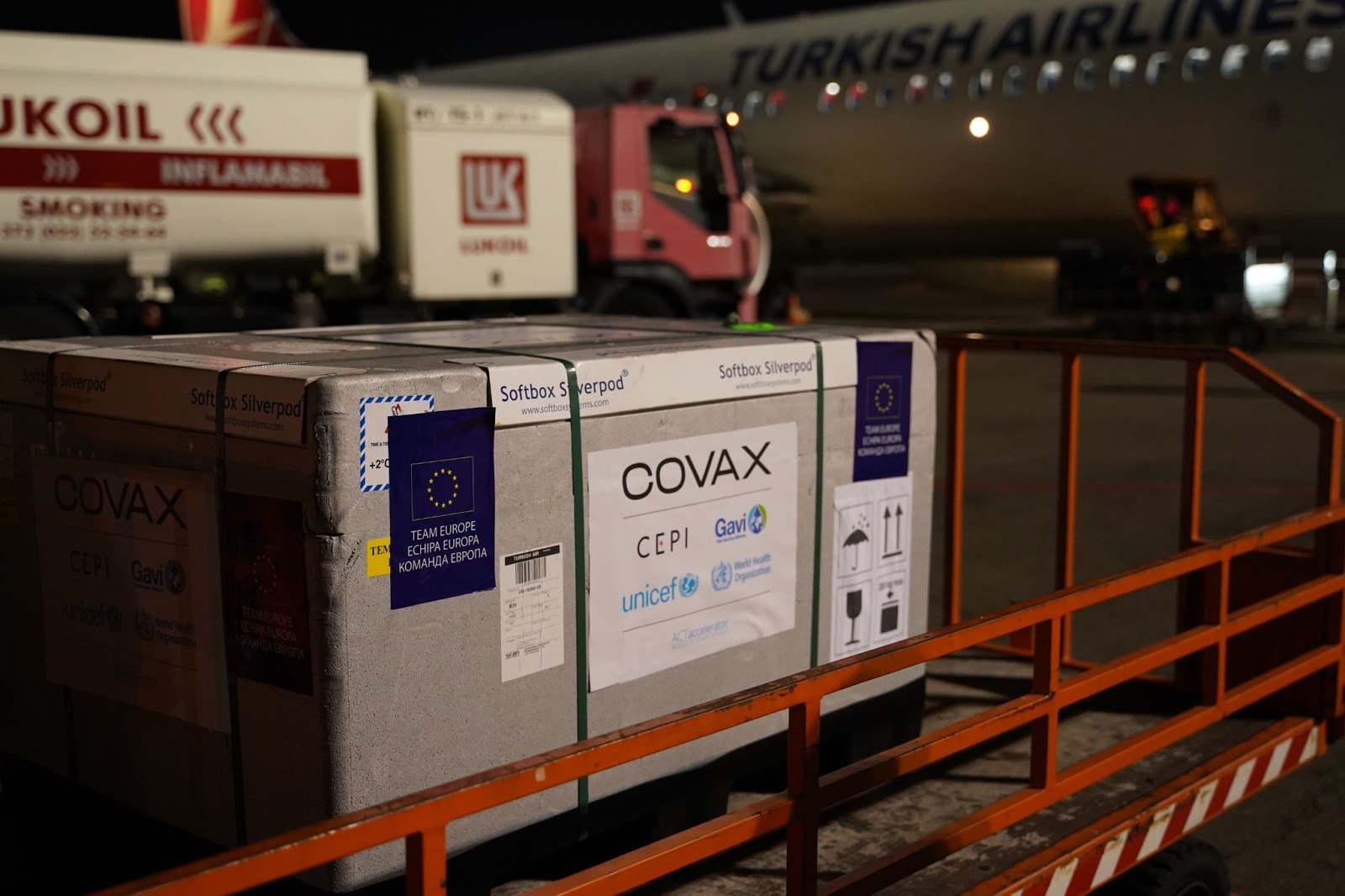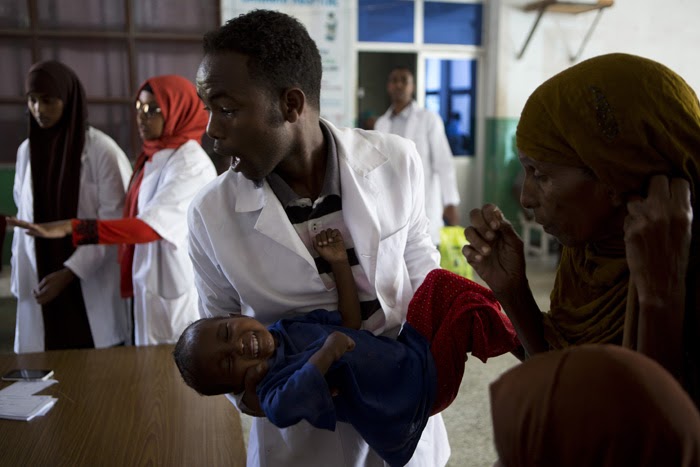Last year’s World Immunization Week arrived as the first wave of COVID-19 swept around the world. Its tagline – ‘Vaccines Work for All’ – still resonates as global health leaders work to bring new vaccines to at-risk adults around the world and ensure routine childhood immunisation programmes reach every child.
Anuradha Gupta, a leading figure in Gavi, The Vaccine Alliance, says the health, social and economic impact of the pandemic will push millions more people into extreme poverty this year and reverse hard-won gains in immunisation, education and nutrition. In an interview with Vaccines Today, she said COVID-19 has exacerbated underlying inequalities and disrupted services.
‘Even before the pandemic, 20 million children born every year remained deprived of the basic course of vaccines with two thirds not even receiving a single shot – these zero dose children are a symbol of unacceptable inequities, often suffering from a host of compounded vulnerabilities, stigmatisation and gender disparities,’ she said.
However, the pandemic is highlighting what can be achieved ‘through human ingenuity and enterprise’. ‘We are witnessing breath-taking innovations, both global and local, and unparalleled collaboration,’ Gupta said.

Are you more or less optimistic about global capacity to address infectious diseases?
One year ago, we could have barely imagined that the world would have not one but several successful vaccines to combat COVID-19, all developed to highly rigorous and exacting safety and efficacy checks. Over the same period of time, COVAX has been set up as one of the largest multilateral initiatives, aimed at ensuring rapid, fair and equitable distribution of these vaccines to all countries, regardless of their ability to pay.
We can take pride in the fact that humanity has progressed from the last pandemic when vaccines were procured by high income countries while others were left to fend for themselves. Nevertheless, we must also be realistic about the size of the challenge ahead of us: the emergence of new variants, continued supply challenges as well as the need to help prepare countries to deliver this vaccine are all issues we have to overcome.
We now have an opportunity to shape the COVID-19 response to achieve better equity and social justice. I am optimistic that we can leverage this unique chance to focus on people in fragile, conflict and humanitarian settings, reach zero dose children that account for nearly 50% of vaccine preventable child deaths, and build back better with more equitable and resilient health systems.
How has COVAX’s goals been affected by manufacturing challenges?
We always knew that achieving COVAX’s ambitious goal of supplying 2 billion doses in 2021 was going to be a long and hard marathon with multiple obstacles to overcome, including challenges related to supply and demand, funding, and logistics. Steadfast global solidarity, end to end collaboration and national preparedness are imperative to putting an end to the acute phase of this pandemic.
Unfortunately, we have seen manufacturing delays and competing priorities. Countries with large numbers of COVID cases and deaths are under unprecedented strain most notably India who produces the SII/AZ vaccine and is fighting a devastating new wave of the virus. COVAX participants that were allocated those vaccines will experience delays to deliveries that were originally anticipated in the coming months.

One important aspect of keeping deliveries on track will be to continue our efforts to incentivise scale up of manufacturing and diversify COVAX’s portfolio. With new vaccines and production increasing, we hope to deliver on our goal of supplying 1.8 billion doses to Gavi COVAX AMC 92 in 2021 as well as meeting demand of self-financing participants of COVAX.
Despite all of these challenges, COVAX has delivered over 38 million doses to over 100 economies in the first six weeks since international COVAX deliveries began.
What impact has the pandemic had on routine immunisation programmes?
Disruption of routine vaccination for children is causing immense harm with millions of children put at risk of disease and death.
At the beginning of the pandemic, Gavi made available up to $200 million in immediate funding to support countries in responding to COVID-19 and protecting immunisation services. In addition to providing funding, we continue to work with countries to help maintain, restore, and strengthen their non-COVID routine immunisation programs.
By sustaining routine immunisation, it is estimated that countries save at least 84 children’s lives, at the risk of one COVID-19 related death – highlighting how vital it is that countries maintain focus and commitment to routine immunisation.
Although we are seeing recovery in routine immunisation, outreach services have experienced significant disruptions resulting in more children falling off our radar and being bereft of essential services. These hard-to-reach children are also going to be the hardest to bring back into the fold.

How do you think the pandemic will shape the future of GAVI’s work?
The long-term effects of the pandemic are hard to fathom at this stage, but the projections are grim: 150 million more people might plunge into extreme poverty by the end of this year, and 2 million more children might die within the next 12 months.
We must continue to support countries in ensuring vaccines reach the most vulnerable and marginalised populations – those hardest hit by the pandemic. Where already weak health systems have been overrun by the pandemic, it’s essential that we work together to restore essential health services like immunisation, and put equity and resilience at the centre of these efforts.
COVID-19 provides an opportunity to do a reset and to build back better with more equal, more inclusive and more resilient health systems.
Gavi is committed to advancing equity – in both COVAX and Gavi 5.0 – and is focused on using every opportunity to reach zero dose children with all antigens as well as other essential health services. Integrated approaches will be essential to leverage the synergies provided by the unprecedented scale of COVID-19 vaccinations.
In a historic move, the Gavi Alliance Board has approved dedicated funding to ensure the advancement of the equity agenda, with US$500 million in dedicated funding to reach zero dose children and reservation of doses for the COVAX humanitarian buffer to provide vaccines to high-risk populations in humanitarian settings.





Pingback
August 22nd, 2021
[…] con dozzine di altre organizzazioni pro-vaccini. Abbiamo intervistato i commissari europei, le principali ONG e il capo del Centro europeo per la prevenzione e il controllo delle malattie (ECDC). In breve, […]